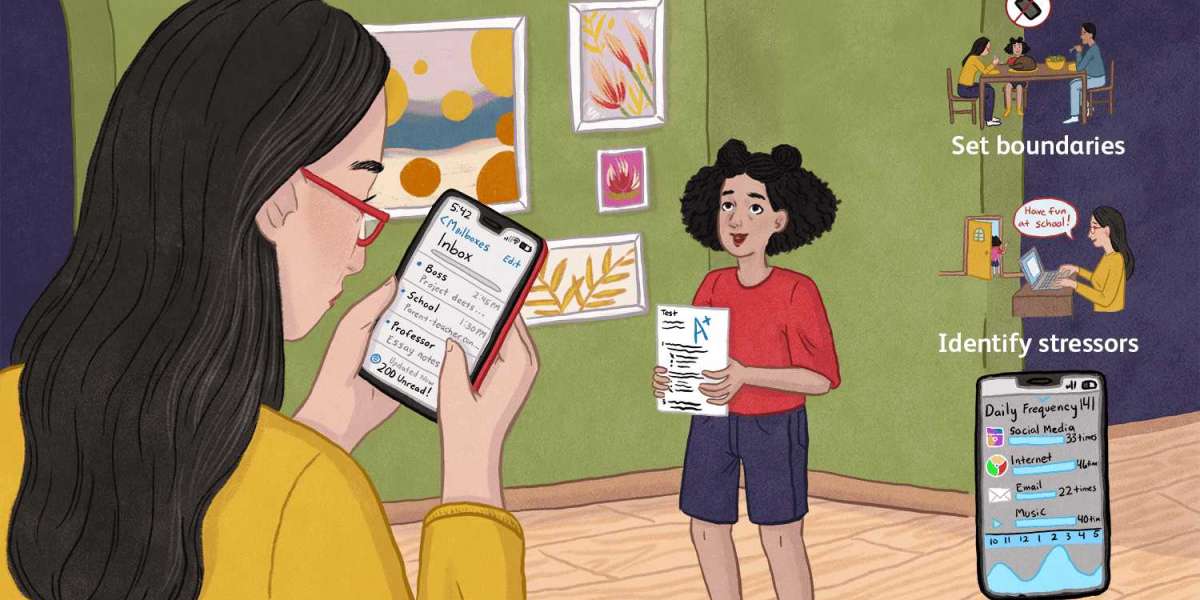Technology has rapidly changed the way we live our lives, and its impact on children has been significant. With the rise of smartphones, tablets, and laptops, children now have access to technology from an early age. While there are undeniable benefits to technology, there is growing concern that children are becoming over-dependent on it.
One of the primary concerns is that technology is replacing real-life interactions. Children are spending more time on devices and less time engaging in face-to-face interactions with others. This can impact their social skills, which are critical for healthy development. Social interaction is essential for developing communication, empathy, and problem-solving skills, and technology can hinder this process.
Another concern is that children are becoming addicted to technology. Research has shown that technology use can activate the same reward centers in the brain as drugs, leading to compulsive behavior. This addiction can lead to a range of negative outcomes, including poor academic performance, decreased physical activity, and social isolation.
Technology overuse can also negatively impact children's physical health. Sitting in front of a screen for extended periods can lead to poor posture, eye strain, and headaches. Additionally, too much screen time can interfere with sleep, which is essential for children's development. Sleep deprivation can lead to problems with attention, behavior, and learning.
Parents can play a crucial role in managing their children's technology use and preventing over-dependence. One approach is to set limits on screen time. The American Academy of Pediatrics recommends that children aged 2 to 5 years should have no more than one hour of screen time per day, while children aged 6 and older should have consistent limits on the amount of time they spend on devices. Parents should also prioritize physical activity, outdoor play, and social interaction.
Another approach is to model healthy technology use. Children learn by example, so parents should practice what they preach. Parents should limit their own screen time and prioritize family time without devices. This will show children that technology is not the only way to entertain themselves and that they can still have fun and connect with others without it.
Parents should also monitor their children's online activities. The internet is a vast and often unpredictable place, and children may be exposed to inappropriate content or interactions. Parents should set parental controls, monitor their children's social media accounts, and have open and honest conversations about online safety.
In conclusion, while technology can be beneficial, it is essential to ensure that children do not become over-dependent on it. Technology overuse can negatively impact children's social skills, academic performance, physical health, and overall well-being. Parents can play a critical role in managing their children's technology use by setting limits, modeling healthy behavior, and monitoring online activities. By doing so, children can develop a healthy relationship with technology and thrive in today's digital age.




Alphonsus Odumu 5 w
Yes